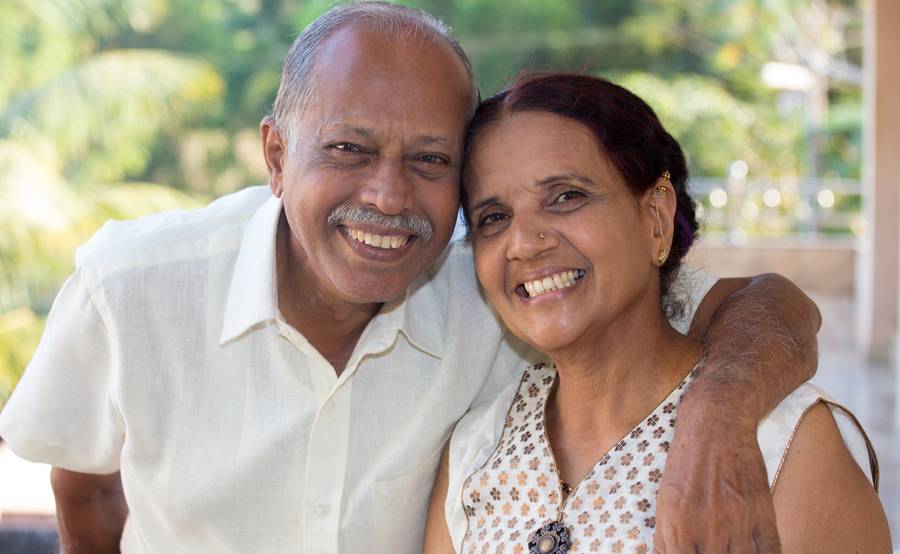DEXA Bone Density Scan
Early detection for osteoporosis in San Diego

Early detection for osteoporosis in San Diego
A DEXA (Dual Energy X-ray Absorptiometry) scan — also called DXA or a bone densitometry scan — uses X-ray imaging to measure bone density, also called bone mass. The test can identify osteoporosis, which is the gradual loss of calcium in the bones that increases the risk of fractures and breaks. By diagnosing osteoporosis at an early stage, your doctor may be able to help you slow progression of the disease, preventing further bone loss and bone fractures.
A DEXA bone density scan is not the same as a bone scan, which is a nuclear medicine test used to detect arthritis, fractures, infections and tumors in the bones.
How is a DEXA bone density test performed?
A DEXA machine uses two X-ray beams to determine bone density in the lower spine and hips, where a decrease in bone mass is more evident. A DEXA scan is quick and painless, and is usually performed on an outpatient basis. The exams are typically completed within 10 to 30 minutes.
Portable DEXA devices, including some that use ultrasound waves rather than X-rays, measure the wrist, fingers or heel and are sometimes used for screening purposes.
Bone density scans use lower doses of radiation than a standard chest X-ray. Because the test does result in exposure to low levels of radiation, it is important to let your doctor know if you are pregnant before having a DEXA test.
Who should have a bone density scan?
DEXA bone density scans are one of the most common tests used to diagnose osteoporosis. Your doctor may recommend this bone mass scan if you have:
- Gone through menopause and are not taking estrogen supplements
- Experienced a drop in hormone levels, regardless of gender
- A family history of osteoporosis
- Lost height, which is a possible indication of spinal fractures
- Taken certain medications associated with bone loss
- A history of fracture after only mild trauma
- Type 1 diabetes, liver disease, kidney disease, thyroid disease or autoimmune disease
- Had an organ transplant
DEXA locations
DEXA bone densitometry scans are quick, outpatient diagnostic imaging procedures. They are available at the following Scripps locations.